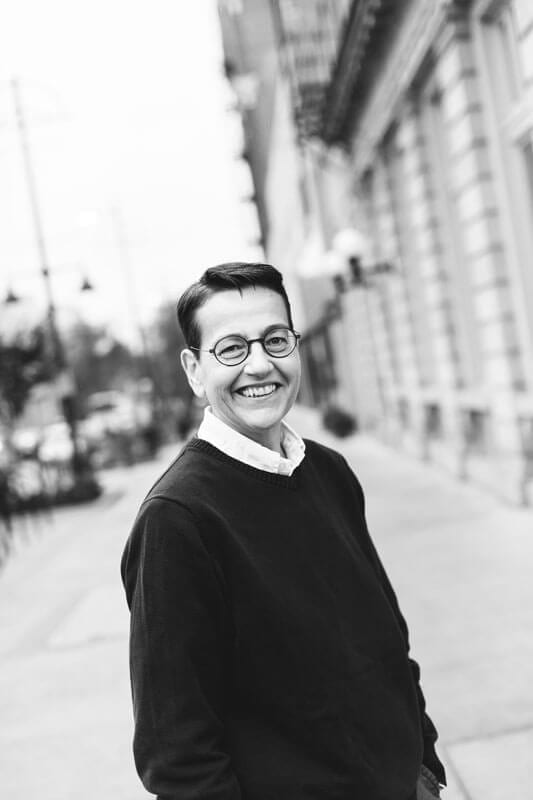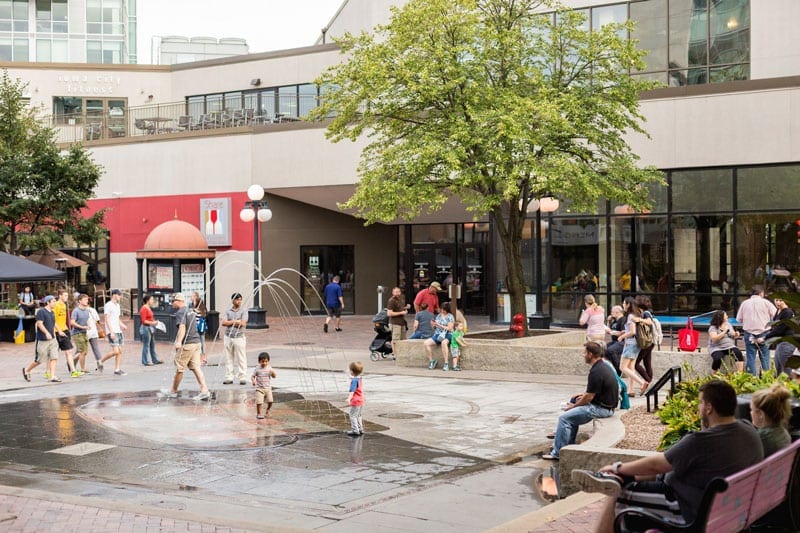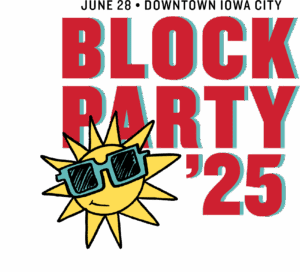About the Organization
Downtown Iowa City has had an active business association since the turn of the 19th Century after the founding of Iowa City in 1839, becoming the territorial capital in 1841, and the official state capital in 1846. After more than a century of growth, the business association rebranded in 2012 as the Iowa City Downtown District by a successful petition to property owners to generate tax revenue through a Self Supported Municipal Improvement District (SSMID) to enhance Downtown. The ICDD is a 501(c) (6)nonprofit organization representing property owners and stakeholders in the Downtown and Northside Neighborhoods of Iowa City charged with overseeing the reinvestment of these funds as they advance a mission to steward the area.
The ICDD provides a leadership directive that advocates for the District mission and serves as a mechanism to more efficiently implement District-wide marketing, programs, events, and projects that support vitality for the benefit of all the businesses within it, the University of Iowa, community members, and the region at large. Since its inception, the Downtown District continues to forge an exciting and deliberate path forward towards cultural vibrancy, resiliency, and sustainability.
ICDD MEMBERS AND SERVICE AREA
The Iowa City Downtown District serves the Downtown and Northside neighborhoods (SSMID aerial map) and is closely aligned with the University of Iowa. The membership of the ICDD is comprised of all the roughly 150 property owners, businesses, and organizations that are located within these neighborhoods and the University. Most members contribute to the ICDD through the SSMID levy or through a direct contribution.










